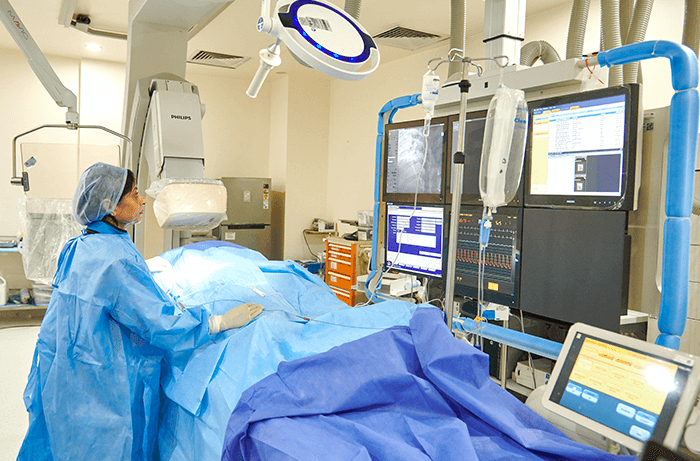×
Select Your Country
 International
International

×
Select Your Country
 International
International


A brain tumour, sometimes referred to as an intracranial tumour, is an abnormal mass of tissue where cells proliferate uncontrollably. Adults most frequently develop the following forms of brain tumours:
Gliomas
Glial cells are the typical locations for the growth of gliomas since they nourish and support the structure of the central nervous system.
Meningiomas
The meninges, which include the membrane enclosing the brain, are where these tumours typically start. These tumours frequently develop in women between the ages of 40 and 70.
Malignant or benign brain tumours are also possible. Malignant brain tumours are rapidly developing malignant growths that begin in the brain and invade nearby tissues as well as adjacent brain cells, nerve cells, the meninges (the membrane enclosing the brain), and brain cells. Malignant brain tumours can also be secondary brain tumours, which may begin in the lungs, breast, kidney, skin, or spread and metastasize to the brain from another region of the body.
Primary benign brain tumours are slow-growing, well-defined growths that are not malignant. These tumours hardly ever become metastatic tumours and do not invade neighbouring tissues or organs. Book an appointment today for the best neuro treatment in India.
Symptoms of Brain tumour
Depending upon the location and size, the symptoms of malignant or benign brain tumours include:
Headaches, mainly on straining, coughing, early morning headaches
Seizures or fits
Nausea
Vomiting
Drowsiness
Mental or behavioural changes
Paralysis on one side of the body
Vision changes
Speech changes
Hormonal changes in some pituitary gland and hypothalamic tumours
Diagnosis of Brain tumour
The malignant or benign brain tumours are diagnosed using the following tests:
Neurological examination
This is a neurological test that evaluates things like hand strength, reflexes, hearing, vision, skin sensitivity, and more. Your mental agility and stability are tested using straightforward questions or straightforward math.
Computerized tomography (CT) scan, book an appointment at our Brain Tumour Treatment Hospital in India to know more about CT.
Magnetic resonance imaging (MRI) scan
The cornerstone of brain tumour diagnosis
Biopsy
Following a deep lesion navigation-guided biopsy during surgery. A tissue sample provides a conclusive diagnosis and aids in the planning of follow-up treatments, such as radiotherapy and chemotherapy, if necessary.
Treatment of brain tumour
Following treatments are used for treating brain tumours:
Surgery
The standard of care and frequently the first line of treatment for brain tumours is craniotomy and tumour removal. Surgery seeks to completely remove the tumour or to cut it down as much as is safe. Additionally, it offers tissue for conclusive diagnosis and molecular research to direct future medical care. Surgery has become a very efficient and secure treatment option for brain tumours thanks to recent developments including a high-end microscope, neuro-navigation, nerve monitoring, and growing experience.
Radiotherapy
Radiation is used to either regulate or kill tumour cells. Sometimes whole-brain radiation is necessary, particularly in cases with metastatic tumours.
Radiosurgery
In one or two sessions, the tumour will receive targeted radiation. It helps in the management of smaller tumours and recurrent tumours.
A radio-resistant or chemo-sensitive tumour requires intravenous or oral treatment. It is also recommended for children under the age of three who have malignant tumours and radiotherapy is not recommended. Intracavitary chemotherapy is a technique used during surgery to prevent the return of a malignant tumour by implanting the medicine right onto the tumour's surface.